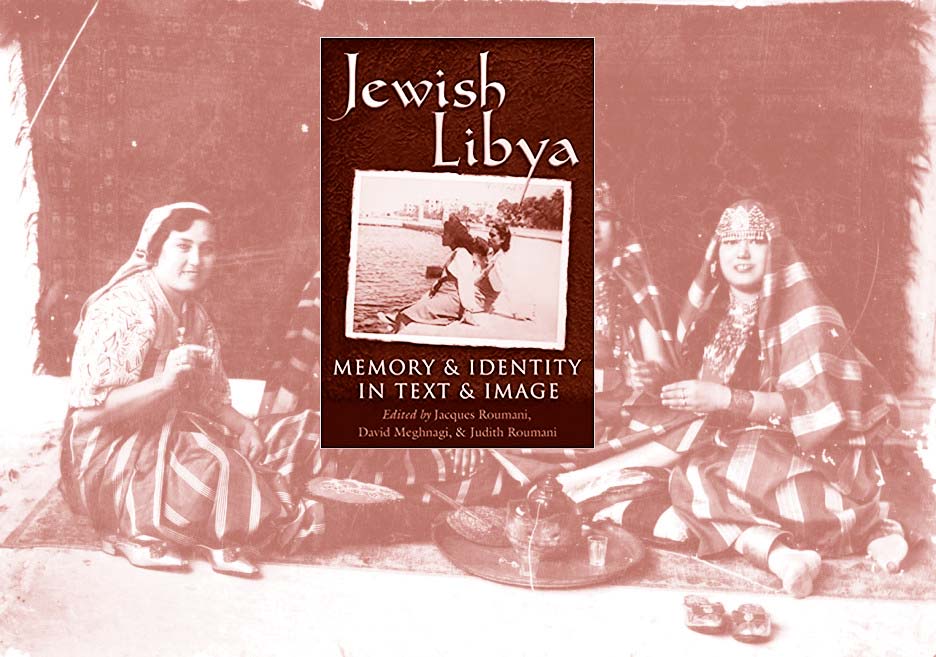Jewish Libya is an anthology about a place that no longer exists. Since Israel’s successful 1967 war against several Arab armies, Jewish Libyans have thoroughly scattered to friendlier lands, chiefly Israel and Italy, and all that is left of a once thriving culture are fading buildings, tombstones and memories.
In publishing this book, Syracuse University has compiled from various academic fields and from lay memories the kind of source material that may well find its way into a riveting historical novel, if only there were another James Michener around to take up the challenge.
The many articles, taken as a whole, give the impression of vibrant Jewish communities both in Tripoli and Benghazi that predated the Roman era, lived through the Muslim conquest, endured through colonial rule, suffered during the independent monarchy of King Idris, and evacuated from the country under the despotic rule of Muammar Khadafy. No return of Jews to the North African desert country is forecast, no matter how nostalgic Libyan Jews are for Libyan foods and southern Mediterranean Sea breezes.
The anthology has 13 chapters, a few of them very readable, and a few being essays that only a fellow academician could love. In order the chapters concerned 1) The Jewish revolt against the Romans; 2) Jews under Islamic Arab and Ottoman periods; 3) the foods and spices of old Libya; 4) transitions from Ottoman times to Italian colonization, 5) the Judeo-Arabic language spoken in Libya; 6) the disappearance of Jewish buildings and landmarks from Libya; 7) the status of women in Jewish Libya; 8) the status of Jewish Libyan women in Israel and Italy; 9) Interviews with Libyan Jews who have moved on; 10) a recollection of growing up Jewish in Benghazi; 11) Violence against Jews reflected in liturgy and literature; 12) a review of Yossi Sucary’s novel Benghazi—Bergen Belsen, telling of the World War II deportation of Libyan Jews, and 13) an autobiographical essay, “Libyan Jews between Memory and History.”
Of the thirteen chapters, I was most captivated by Chapter 3 on foods and Chapter 13 on Libyan Jewish memory; perhaps because they were the most journalistic and easy to read. The two chapters on roles of Libyan Jewish women in that country and in the lands of their liberation were also interesting to read. Be warned, some of the other chapters are so pedantic they may put lay readers to sleep.
Republished from San Diego Jewish World


























